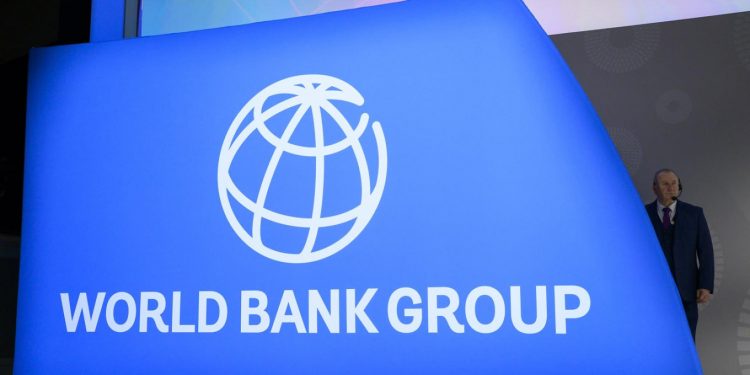World Bank urges BoG to use all available monetary tools to check surging inflation rate
World Bank President, David Malpass, has urged the Bank of Ghana and other financial regulators around the world to use all available monetary policy tools to help check rising inflation.
Inflation across the globe has seen increments due to rising crude and food prices on the back of the Russian-Ukraine war and disruptions in supply chains.
The general price levels of goods and services in the country hit a record level of 19.4% in March 2022.
In view of the rising inflation rate, the apex bank has hiked its policy rate by 250 basis points to 17%.
However, President Malpass noted the situation calls for much tougher regulatory measures to minimize the impact of inflation especially on the poor.
“As central banks raise interest rates, it’s important for them to use all their tools and not be undercut by government demand stimulus. The central banks can use tools that add to supply and that allow capital allocation to be improved. I think that’s going to be vital.
“They’ve been talking about, not just interest rates, but also shrinking the balance sheet, which I think would have a stimulative effect on the global investment climate, because it would occupy less of the capital at the central banks from the current situation. Also, they have regulatory policy tools that can be used to allow and encourage more investment in small businesses, in new businesses, that will be the dynamic portion of a new economy,” he stated.
Implement strong policies to attract investments
Meanwhile, the World Bank has advised the Government of Ghana (GoG) to put in place policies that are strong and attract investments particularly from Ghanaians as well as foreigners.
According to the Bank, these policies should be private sector-led rather than government-led.
Adding that policies that promote government-led investments usually do not end up adding to the competitiveness and the productivity of the country.
“Countries should put in place policies that are strong and that attract investment by their own citizens and by foreigners. Some of those can be revenue mobilization policies but, very important, they should be growth policies and they should attract private sector investment.
“There’s been a tendency to have too much emphasis on government-led investment, which doesn’t end up adding to the competitiveness and the productivity as much as it should, if it were less centralized. I think those steps are important,” said Mr Malpass.








